Assessed Value
Explore what assessed value means in Canadian real estate, how it’s calculated, and how it affects your annual property tax bill.

May 22, 2025
What is Assessed Value?
Assessed value is the dollar amount assigned to a property by a municipal or provincial authority for the purpose of calculating property taxes.
Why Assessed Value Matters in Real Estate
In Canada, assessed value is used to determine how much property tax a homeowner must pay each year. It is not the same as market value or appraised value, though the three may be similar.
Municipalities or agencies like MPAC (Ontario) or BC Assessment calculate assessed value based on:
- Comparable sales
- Location and land value
- Size, age, and condition of the property
- Zoning and permitted uses
Understanding your assessed value is important for:
- Budgeting property taxes
- Appealing over-assessments
- Comparing tax burden across neighbourhoods
Example of Assessed Value in Action
A homeowner receives a notice showing their assessed value is $680,000, which the city will use to calculate their annual property tax.
Key Takeaways
- Used to calculate annual property taxes.
- Determined by local assessment authorities.
- May differ from market or appraised value.
- Can be appealed by the homeowner.
- Updated periodically by municipality or province.
Related Terms
- Property Assessment
- Property Tax
- Market Value
- Mill Rate
- Assessment Appeal

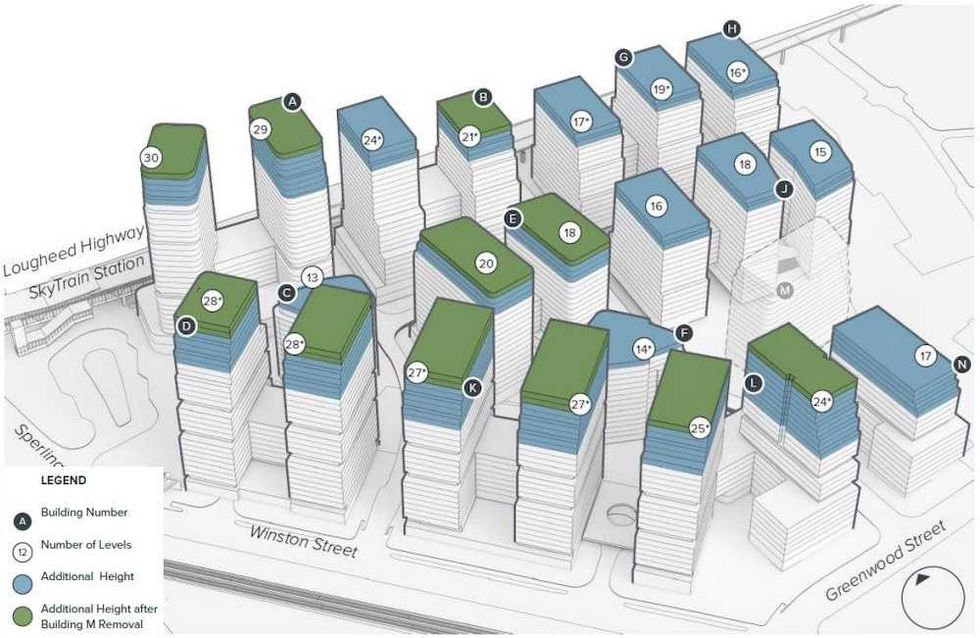 Building height changes from the previous master plan apllcation. (Peterson)
Building height changes from the previous master plan apllcation. (Peterson)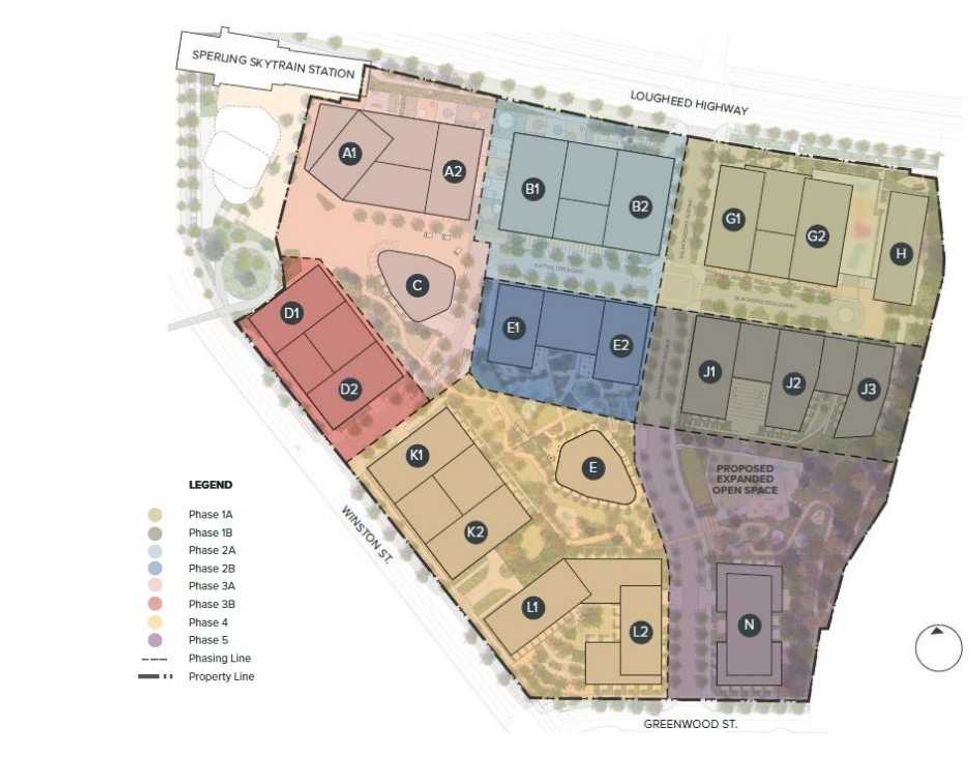 An overview of Blake Village and the phasing plan. (Peterson)
An overview of Blake Village and the phasing plan. (Peterson)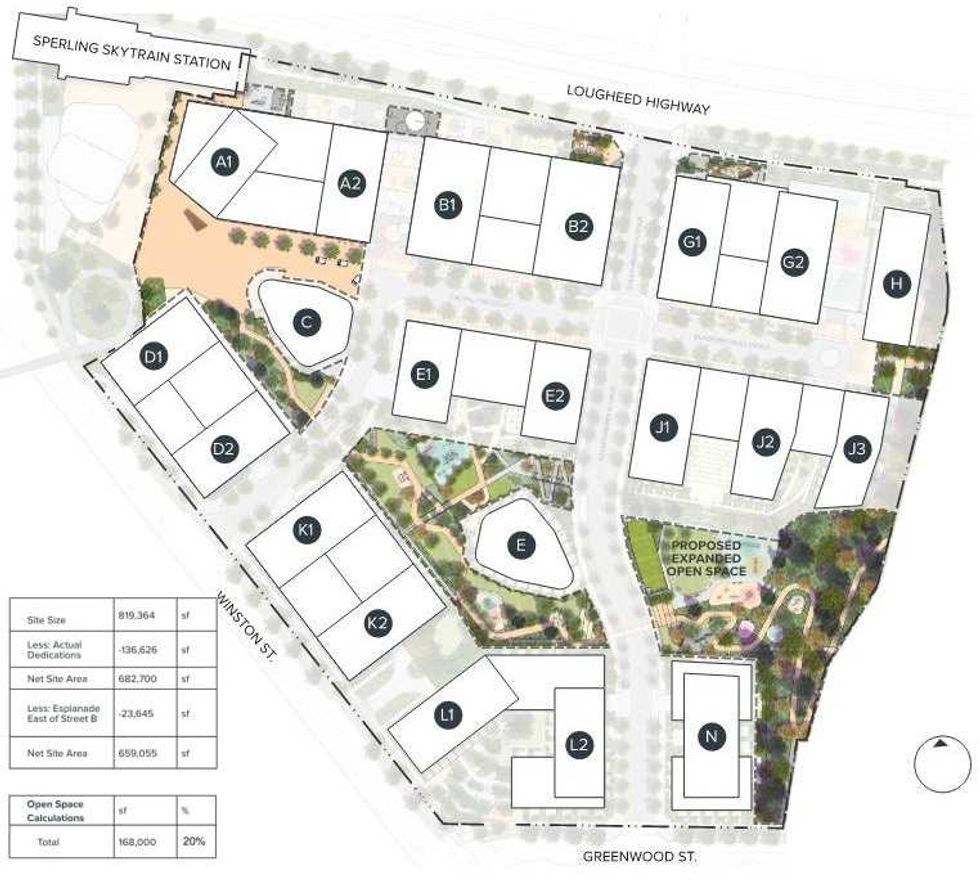 An overview of Blake Village and planned open space. (Peterson)
An overview of Blake Village and planned open space. (Peterson)


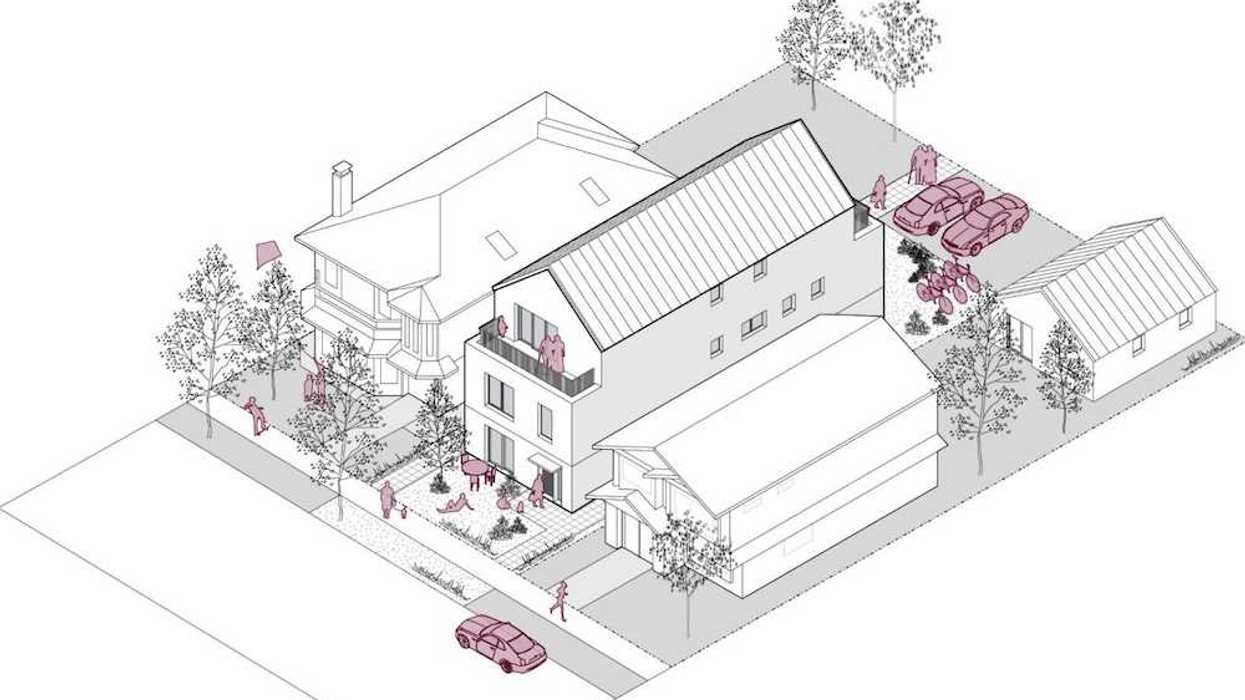




 Eric Lombardi at an event for Build Toronto, which is the first municipal project of Build Canada. Lombardi became chair of Build Toronto in September 2025.
Eric Lombardi at an event for Build Toronto, which is the first municipal project of Build Canada. Lombardi became chair of Build Toronto in September 2025.
 Rendering of 9 Shortt Street/CreateTO, Montgomery Sisam
Rendering of 9 Shortt Street/CreateTO, Montgomery Sisam Rendering of 1631 Queen Street/CreateTO, SVN Architects & Planners, Two Row Architect
Rendering of 1631 Queen Street/CreateTO, SVN Architects & Planners, Two Row Architect Rendering of 405 Sherbourne Street/Toronto Community Housing, Alison Brooks Architects, architectsAlliance
Rendering of 405 Sherbourne Street/Toronto Community Housing, Alison Brooks Architects, architectsAlliance


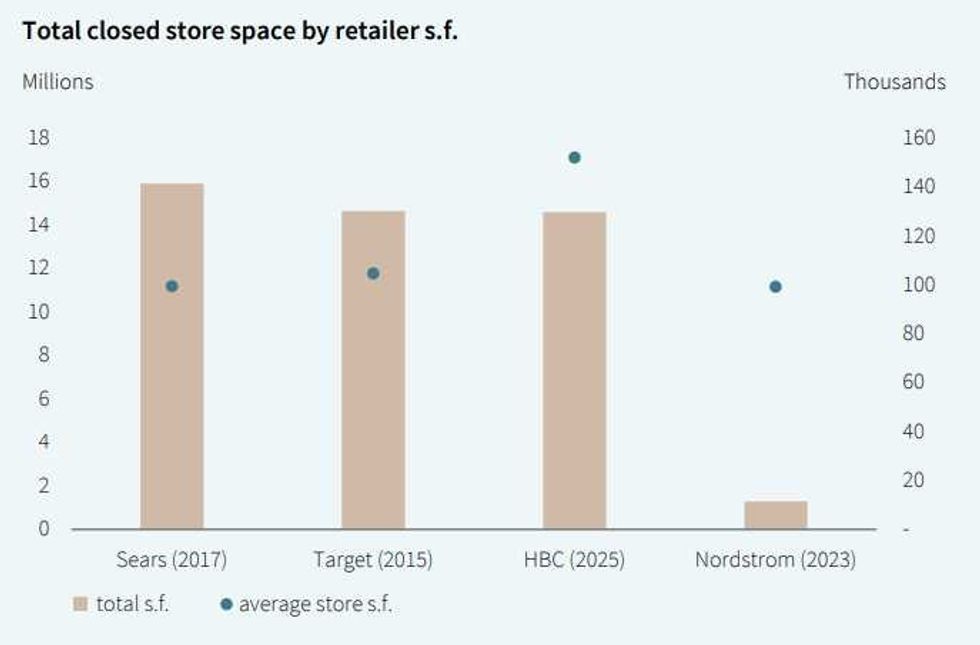 Hudson’s Bay vacated about as much space as Target did in 2015. (JLL)
Hudson’s Bay vacated about as much space as Target did in 2015. (JLL)